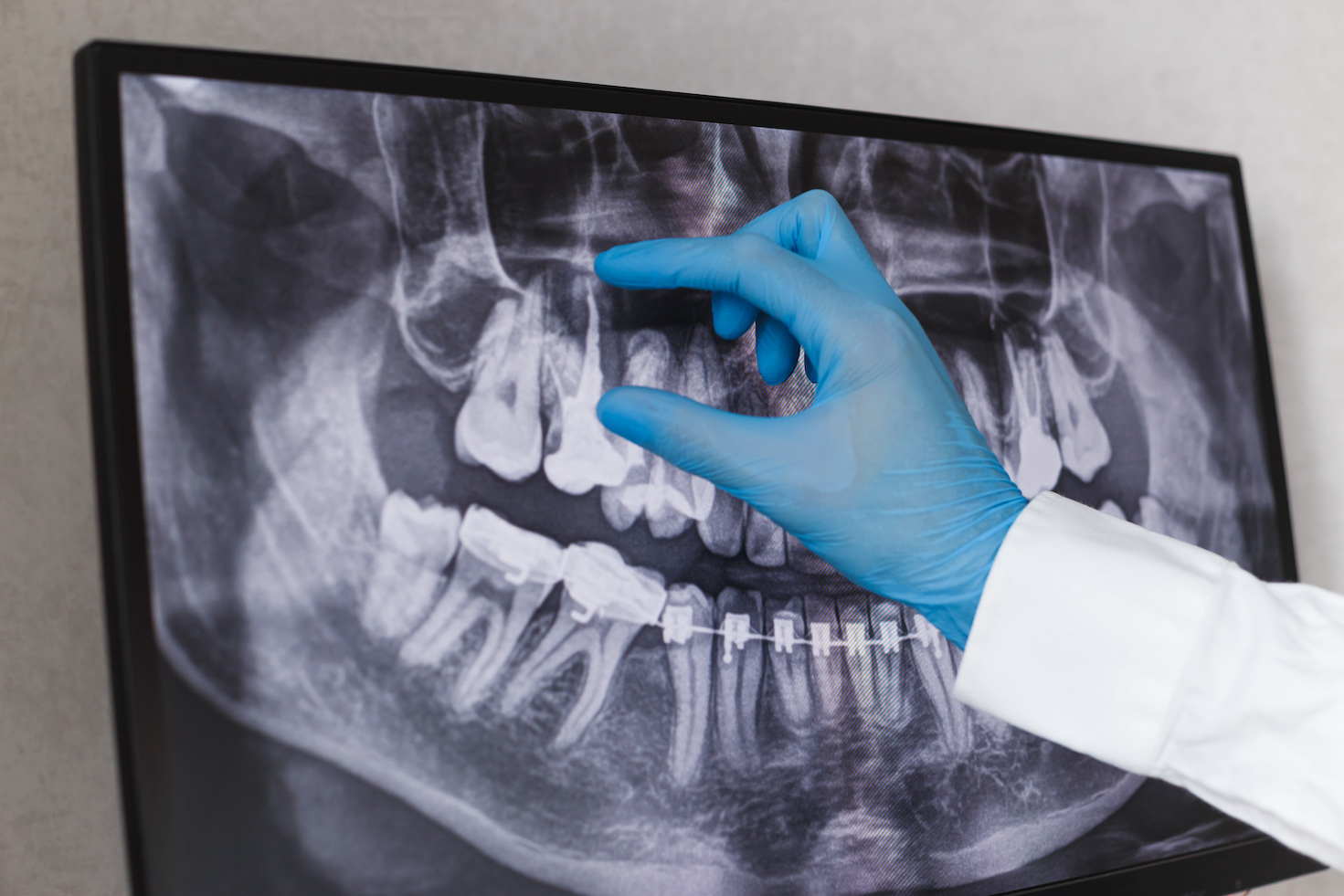Root Canal Treatment Is Your Friend
We’ve all heard it before; “I’d rather have a root canal…” But putting off your endodontic treatment is no joke! The procedure is designed to reduce the intense pain that comes with an infection – not cause more.
A natural tooth that’s saved via root canal treatment and restoration can, in the long run, save your tooth from being pulled in the future. It may prevent unwanted tooth migration or shifting, the need for bridgework or dental implants, or even the eventual loss of bone structure from the area of the missing tooth.
Causes of Root Canal Problems
Root canal problems are caused by the inflammation and infection of tooth pulp, such as from deep tooth decay. Dental cavities that are left untreated will eventually allow bacteria to access the inside of the tooth, where the pulp tissue could become infected. Another path by which bacteria may come into contact with pulp is via chipped or cracked teeth. Any opening in the protective enamel coating has the potential to allow bacteria access to the tooth’s pulp.
Dental trauma — such as from a sports injury or car accident, — is also a major cause of pulp tissue damage.
In rare cases, extensive dental work could cause damage to neighboring tooth pulp and require an additional root canal. The need for multiple fillings or restorations on the same tooth increases these chances. Occasionally, common procedures like crown preparation or orthodontics may eventually lead to root canal problems.
What to Expect During Root Canal Therapy
Root canal treatments are often routine procedures, and in many cases can be completed in just one visit. This is often performed with no greater discomfort than an appointment for a filling, and begins fairly similarly, too. An anesthetic is administered to numb the tooth and the surrounding area.
A small opening is made in the surface of the affected tooth, allowing access to the pulp chamber and the root canals. The dead and dying pulp tissue is removed from inside these narrow passageways. Once removed, the chamber and canals are cleaned, disinfected, and prepared for a filling. Adhesive cement is then used to seal the opening in the tooth. In most cases, a crown will be placed over the tooth to provide the best protection from further harm.
Many people experience some sensitivity in the tooth over the following days. Over-the-counter pain relievers like ibuprofen are a common choice in relieving discomfort, but prescription medications may be administered if necessary. Avoid hard, solid bites on or near the tooth during this time.
Signs and Symptoms of Root Canal Problems
Constant and severe pain and pressure in or near a tooth, or swelling and sensitivity in your gums, are clear signs for an evaluation. Pain when biting, or lingering pain after eating hot or cold foods is also an indication of potential trouble.
Are you experiencing dental pain? Call Stiles Family Dentistry in Salem, NH at (603) 893-4538 to see if you need root canal treatment!


